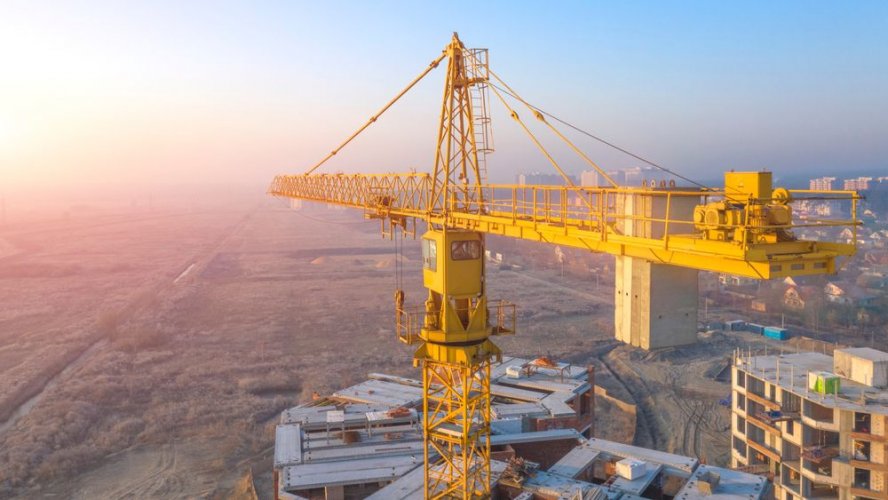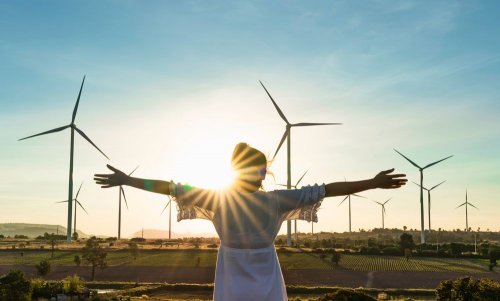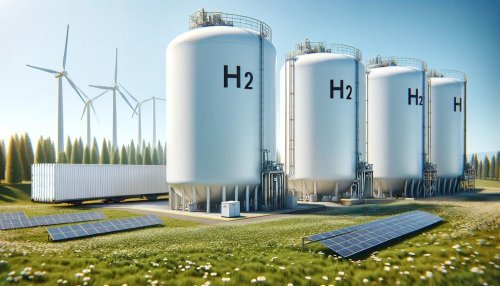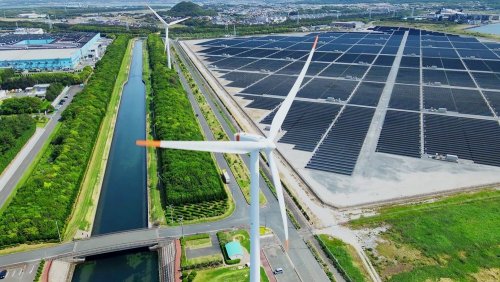The European Parliament adopted a new version of the Directive on the energy performance of buildings, which aims to make the sector climate neutral by 2050.
To do this, they plan to speed up repairs, reduce energy consumption and greenhouse gas emissions, reports the European Parliament.
It is noted that 343 MEPs supported the proposal, 216 opposed it, and 78 abstained. The next step will be negotiations with the Council of the EU to agree on the final form of the draft law.
The message emphasized that the EU should significantly reduce emissions from buildings by 2030. It is proposed that from 2028 all new buildings must be zero-emission. They should also be equipped with solar panels, if it is technically acceptable and economically feasible.
It is noted that the new rules stipulate that residential buildings must achieve at least an energy efficiency class of "E" by 2030 and "D" by 2033, on a scale from A to G. Class "G" will cover the 15% of the worst buildings in the country's national fund member Non-residential and public buildings should reach the same estimates by 2027 and 2030. Energy efficiency improvement, which may take the form of insulation work or improvement of the heating system, will occur during:
- sale of the building;
- major repairs;
- when signing a new rental contract.
The message emphasized that the member states will establish the measures necessary to achieve these goals in their national reconstruction plans. National reconstruction plans should include support schemes to facilitate access to grants and funding.
It is noted that the following will be excluded from the new rules:
- buildings that are protected because of their architectural or historical values;
- technical buildings;
- buildings used temporarily;
- churches and places of worship;
- public social housing where renovations will lead to higher rents that cannot be offset by savings on electricity bills.
MEPs also want to allow member states to adjust the new targets for a limited proportion of buildings depending on the economic and technical feasibility of renovation and the availability of skilled labour.
The message emphasized that the new rules will help reduce dependence on fossil fuels, energy poverty, and also allow to reduce emissions. This will improve the environment and people's health. It will also provide hundreds of thousands of quality local jobs.
Buildings in the EU account for 40% of energy consumption and 36% of greenhouse gas emissions.
Earlier, EcoPolitic wrote, that the Council of the EU, the European Parliament and the European Commission adopted the Joint Declaration on the legislative priorities of the EU for 2023 and 2024, including initiatives related to the European "green" course for the near future.
As EcoPolitic previously reported, the European Parliament and the Council of the EU reached a preliminary political agreement on the revision of the EU Energy Efficiency Directive, namely the reduction of final energy consumption at the block level by 11.7% in 2030.





